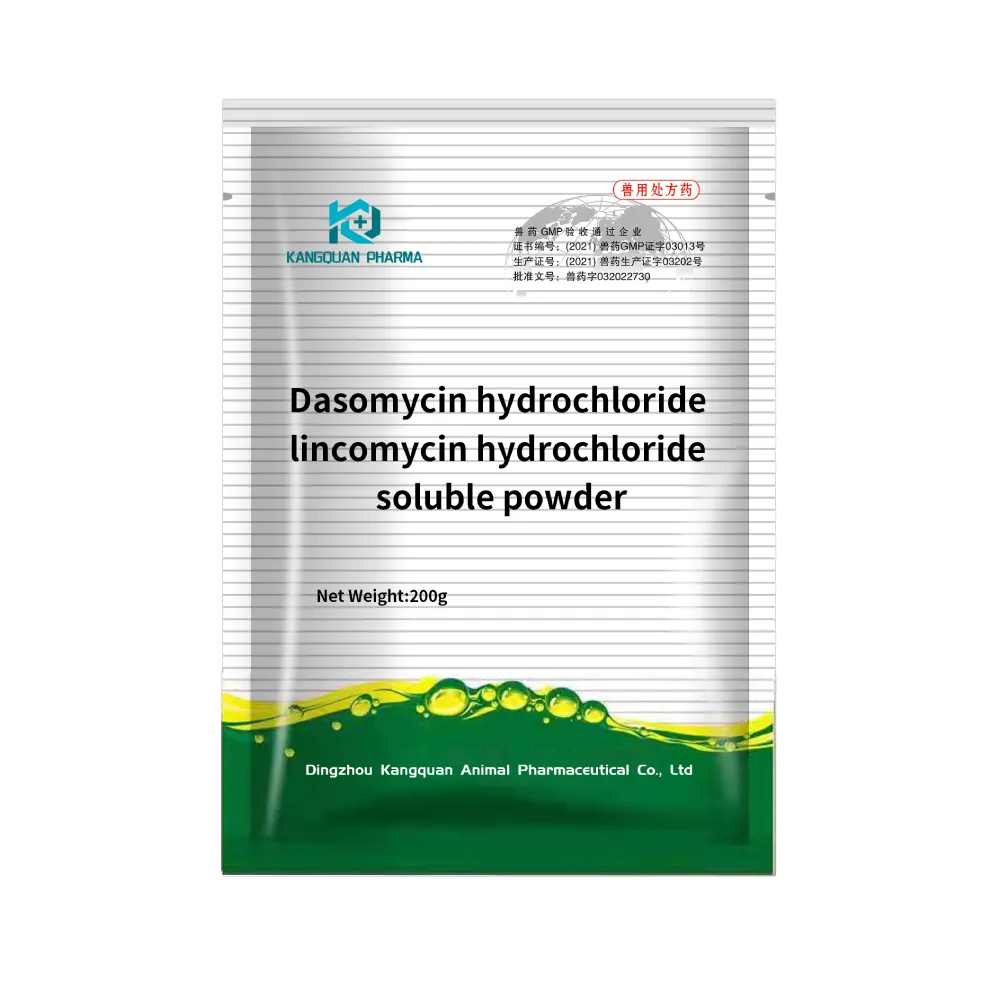- Afrikaans
- Albanian
- Amharic
- Arabic
- Armenian
- Azerbaijani
- Basque
- Belarusian
- Bengali
- Bosnian
- Bulgarian
- Catalan
- Cebuano
- Corsican
- Croatian
- Czech
- Danish
- Dutch
- English
- Esperanto
- Estonian
- Finnish
- French
- Frisian
- Galician
- Georgian
- German
- Greek
- Gujarati
- Haitian Creole
- hausa
- hawaiian
- Hebrew
- Hindi
- Miao
- Hungarian
- Icelandic
- igbo
- Indonesian
- irish
- Italian
- Japanese
- Javanese
- Kannada
- kazakh
- Khmer
- Rwandese
- Korean
- Kurdish
- Kyrgyz
- Lao
- Latin
- Latvian
- Lithuanian
- Luxembourgish
- Macedonian
- Malgashi
- Malay
- Malayalam
- Maltese
- Maori
- Marathi
- Mongolian
- Myanmar
- Nepali
- Norwegian
- Norwegian
- Occitan
- Pashto
- Persian
- Polish
- Portuguese
- Punjabi
- Romanian
- Russian
- Samoan
- Scottish Gaelic
- Serbian
- Sesotho
- Shona
- Sindhi
- Sinhala
- Slovak
- Slovenian
- Somali
- Spanish
- Sundanese
- Swahili
- Swedish
- Tagalog
- Tajik
- Tamil
- Tatar
- Telugu
- Thai
- Turkish
- Turkmen
- Ukrainian
- Urdu
- Uighur
- Uzbek
- Vietnamese
- Welsh
- Bantu
- Yiddish
- Yoruba
- Zulu
Nov . 15, 2024 18:19 Back to list
veterinary deworming tablets
Understanding Veterinary Deworming Tablets A Guide for Pet Owners
When it comes to keeping our beloved pets healthy, one crucial aspect of their care involves regular deworming. Veterinary deworming tablets play an essential role in this process, helping to eliminate parasites that can negatively impact your pet’s health. Understanding what these tablets are, how they work, and their importance is vital for every pet owner.
What Are Veterinary Deworming Tablets?
Veterinary deworming tablets are pharmaceutical formulations designed to treat parasitic worm infections in animals. These tablets target various types of worms, including roundworms, tapeworms, hookworms, and whipworms. Each type of worm poses different health risks, making it imperative to choose the appropriate deworming medication. Some common active ingredients found in these tablets include praziquantel, pyrantel pamoate, and fenbendazole, each effective against specific worm species.
Why Is Deworming Important?
Pets can easily become infected with worms through contaminated food, soil, or even from contact with other infected animals. Worm infestations can lead to a range of health issues, including lethargy, weight loss, diarrhea, and even more severe complications like anemia or intestinal blockages. For puppies and kittens, the need for deworming is particularly critical, as they are more vulnerable to the effects of these parasites.
Regular deworming prevents not only the parasitic infections in pets but also helps in minimizing the risk of transmission to humans, particularly children who may come into contact with pet feces. Therefore, making deworming a routine part of your pet's healthcare is essential for both their well-being and your family’s safety.
veterinary deworming tablets

How to Administer Deworming Tablets
Administering deworming tablets can sometimes be a challenge, especially if your pet is reluctant to take medication. Here are some practical tips to make the process easier
1. Follow Your Vet’s Recommendations Always consult your veterinarian for the correct deworming schedule and type of medication suitable for your pet’s age, weight, and health status. 2. Hide the Tablet in Food You can crush the tablet and mix it with your pet’s food, or hide it inside a treat they enjoy.
3. Use a Pill Dispenser For more stubborn pets, using a pill dispenser can help place the tablet directly at the back of the throat, making it difficult for them to spit it out.
4. Positive Reinforcement After successfully administering the tablet, reward your pet with praise or a small treat to create a positive association with taking medicine.
Conclusion
Veterinary deworming tablets are a fundamental component of pet care that every responsible owner should prioritize. By keeping your furry friends free of harmful parasites, you ensure they lead happier, healthier lives. Regular consultations with your veterinarian and adherence to prescribed deworming schedules will help mitigate the risks of worm infestations, contributing to your pet’s overall health and well-being. Remember, a healthy pet is a happy pet!
-
Guide to Oxytetracycline Injection
NewsMar.27,2025
-
Guide to Colistin Sulphate
NewsMar.27,2025
-
Gentamicin Sulfate: Uses, Price, And Key Information
NewsMar.27,2025
-
Enrofloxacin Injection: Uses, Price, And Supplier Information
NewsMar.27,2025
-
Dexamethasone Sodium Phosphate Injection: Uses, Price, And Key Information
NewsMar.27,2025
-
Albendazole Tablet: Uses, Dosage, Cost, And Key Information
NewsMar.27,2025













